We’ll start by acknowledging that there’s a lot of information out there regarding personal finance. This info overload might make you a bit overwhelmed and confused. However, you want to make sure you’re educating yourself to set yourself up for personal financial success.
Just like you need healthy food, plenty of exercise and sleep for proper physical health, there are things you need to do to achieve financial health. Here are five personal finance and financial health tips to keep your finances in tip-top shape.
Get Rid of that Bad Debt
Bad debt only slows your progress and holds you back from accomplishing critical yet simple things in life. In fact, a debt will drag you into the abyss of negative gain. Start by paying off high-interest debt to give yourself and opportunity to grow. Paying off your highest interest debt first will help you improve your financial health and avoid paying additional interest in the long run.
Spend Less, Save & Invest More
It doesn’t matter how little you earn; you can never make any progress if you save nothing. Start by cutting on unnecessary spending. An emergency fund somewhere in a highly liquid savings vehicle is a form of insurance that will keep you from turning to credit cards in times of emergency. You should also take advantage of the automatic payment deductions to save for retirement in a tax advantage account such as a 401k or IRA.
Investing
If you’re a millennial in your early or late 20s, the time to make smart investments is now. You’ll be doing yourself a disservice if you don’t explore your investment options. It is advised to consult a trusted financial advisor or inquire about financial planning services to ensure you’re making the right investments for you and your financial situation.
Stick to a Budget
With a budget, you can track how you spend your money. It doesn’t matter how you receive your salary/wages, be sure to design a budget that works for you. Planning out and sticking to a budget will help you meet your savings and personal finance goals and avoid unnecessary spending.
Make Smart Decisions About Credit
You’ll want to establish a healthy credit score and build your creditworthiness, but not all credit options are good credit options. Be sure to fully research and evaluate credit card and other loan options to ensure you’re making the correct financial decisions. Not doing your homework can lead to financial and repayment problems in the future.
In conclusion, it’s important to save, invest if you can, work with a budget, and make healthy credit decisions to keep up your financial health. If you’re interested in opening a savings account and starting on the road to positive financial health, contact us today!
{{cta(‘1cce2128-9c7d-43bb-b3f8-b7e288d2bc94′,’justifycenter’)}}




